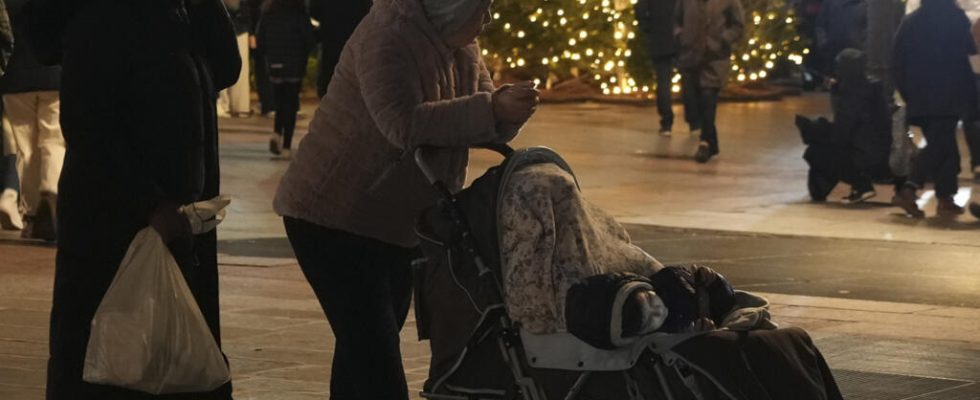Shedding light on illicit practices in international adoption is the objective of this interministerial mission launched in 2022. Its conclusions are presented on Wednesday March 13 at the end of the afternoon to associations of adopted people, who are demanding answers on the conditions of their arrival in France. Some have been the subject of fraudulent practices such as falsification of papers, theft or the purchase of children.
4 mins
The report of an interministerial inspection mission (Foreign Affairs, Justice and Children), responsible in November 2022 for shedding light on illicit practices in international adoption, is submitted this Wednesday March 13 to the French government, in the presence of certain associations.
This moment of truth is eagerly awaited by all those who, once adults, have noticed irregularities in their adoption file. For several years, testimonies and journalistic investigations revealing the abuses of international adoption have multiplied.
Fabio Macedo, researcher at the University of Angers, even devoted a historical study on illicit practices observed in France since the 1950s: “ This ranges from the falsification of civil status documents in particular, to deception of the biological family. We could tell the mother that this child was going to be taken care of in a children’s reception center, and when they went to pick up this child, he was no longer there: the child had been put up for international adoption . »
Thirteen adoptee associations demand answers
The tens of thousands of people adopted in the 1970s, 1980s or 1990s are still demanding answers. Thirteen international adoptee associations (Sri Lanka, Korea, Mali, Rwanda, etc.) have notably created a collective to help each other. “ When they become parents, adoptees would like to pass on their story. Or when the adoptive parents die, they want to know their biological parents », Explains Marie Marre, doctor and founder of the Collective of French Adoptees of Mali.
For some, not systematically, their research reveals inconsistencies, different dates of birth on several documents, falsification of papers, the absence of the mother’s consent to abandonment, according to the groups.
“ In Mali, for example, biological parents were told that their child was going to France to receive education or treatment, and that he would return. To the adoptive parents, the association affirmed that the mother had abandoned the child. The families never saw their child again », explains Marie Marre.
In Sri Lanka, some testimonies collected report children disappearing from maternity wards, she reports: “ A mother explained that she had given birth to a healthy child in the middle of the night. Then the doctor came back saying the child had died. She never saw the body “.
Read alsoIdentity construction: how to assume responsibility after adoption?
Of the ” sectors » illegal with false names on birth certificates
Certain practices and the sometimes existence of “ sectors » Illegal laws prevent tracing back to the families of origin. “ An adoptee found the person whose name appeared on her birth certificate in Sri Lanka. She told him that she was not his mother, but that she had received money through intermediaries to sign the papers.according to Ms. Breysse, who affirms that this case is not isolated. When we discover that the papers are false, that the adoption took place without the consent of the biological mother, it is complex to live with “, she says.
In January 2024, 28 recommendations were presented to stakeholders in the field, instead of the report expected for many months. They focused mainly on the future of international adoption. A glaring inconsistency for the associations, because the numbers of children coming from abroad are constantly decreasing.
Yves Denéchère, author with Fabio Macedo of a “ historical study on illicit practices in international adoption in France » in February 2023, confirms: “ Illicit practices were numerous. They are not widespread, but depending on the period they are found in Peru, Brazil, Nepal, Guatemala, Mali, Sri Lanka, Romania, in Madagascar and elsewhere “, he emphasizes.
“ These were not exceptions, many in adoption knew what was going on. The French authorities, ministries and associations were aware. Numerous correspondences between ambassadors or consuls and the Quai d’Orsay mentioned these illicit practices. “, he explains.
The associations are demanding a right – supervised and free – for adoptees to carry out DNA tests to verify their family ties. However, they are banned in France. They also ask that adoptees be able to receive logistical, financial and human support to reunite with their family.
Read alsoChildren’s rights: international adoption, always a delicate issue
